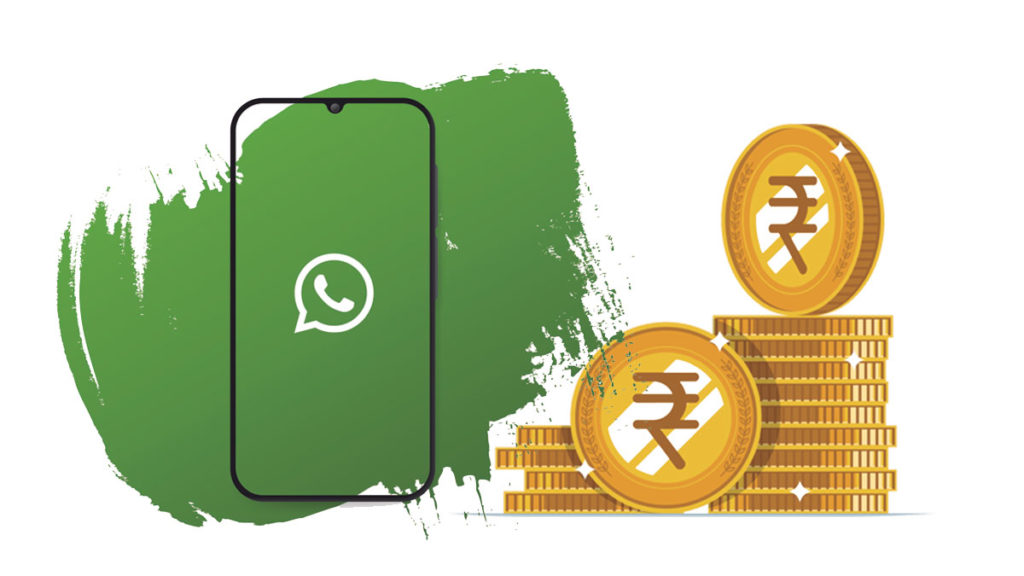In the midst of a tough year due to the COVID-19 pandemic, some of the internet culture and controversial tech-like digital currencies are finally getting an audience and seeing a market boom. Today, Facebook-owned platform, WhatsApp Inc is bringing one of the most-requested features of all time, the WhatsApp payment, to users in India.
There are so many reasons to be excited about this feature. From the economic significance to the near term opportunities unlocked for cryptos and all form of digital currencies. There’s also the eye-opening effect that may lead to an expected increase in activity from the traditional finance sector in the domain.
To give you some perspective, WhatsApp first started testing out the payment system in India two years ago back in 2018. But, it ran into regulatory issues soon after, raising concerns related to user data.
However, as of 5th November 2020, National Payments Corporation of India (NPCI), an organization responsible for Unified Payment Interface (UPI) infrastructure announced that it granted WhatsApp the approval to roll out their UPI-based payment service in the country. WhatsApp subsequently announced the rollout of the service to users across the country of India.
Here’s what you need to know about WhatsApp’s payment service.
How to Set up the Whatsapp Payment Feature in India
WhatsApp payment feature in India relies on the country’s Unified Payments Interface framework to facilitate money transfer. To get started with payments on WhatsApp, a user first have to link all their bank accounts to the service.
READ ALSO: What is WhatsApp Banking and how does it work?
UPI works primarily with your phone number and the service currently works with five of the leading banks in India: ICICI, Axis, State Bank of India, HDFC, and Jio Payments Bank. Even if you don’t have a UPI account set up with your bank, you will be able to use the payment option within WhatsApp as it will automatically create a Unified Payments Interface ID for you.
With WhatsApp payment, users are required to have a bank account and a debit card to be able to send money. To simplify the transaction process, WhatsApp sends instructions to banks (payment service providers) to initiate the transfer of money between the sender and receiver bank accounts via UPI.
In terms of security, the service will require users to enter their UPI PIN for each transaction they make on the platform and the maximum transaction limit is Rs 1 lakh per day. But depending on your bank, the maximum transaction limit varies (but it should be less than Rs 1 lakh).
Do you think the WhatsApp payment feature will supercharge the adoption of digital currencies across the globe? Let us know in the comment section.
To wrap it up, NPCI says that WhatsApp payment will be available to a maximum of 20 million users in the country and will enforce a cap to ensure no payments service processes more than 30% of UPI transactions in a month.
Discover more from Dignited
Subscribe to get the latest posts sent to your email.












